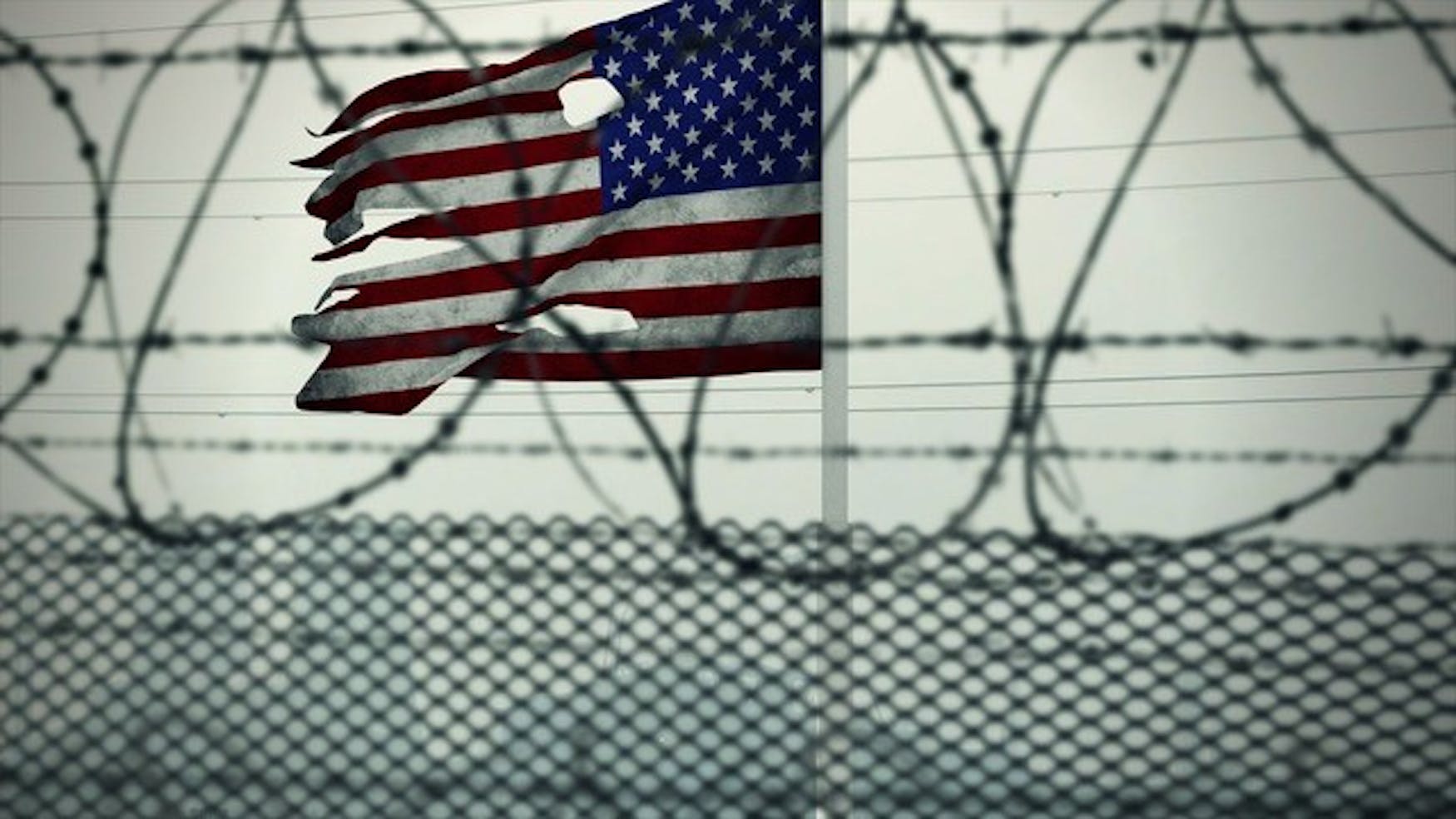America’s obsession with liberty and justice is destroying BIPOC communities
Flashback: It’s 7:50 in the morning. You just arrived in your classroom, still groggy and trying to remember if you finished your math homework from yesterday. Yet, before you can check your backpack or even take another moment to think, you are called to stand up and recite the daily vow.
Right hand over your heart.
“I pledge allegiance to the flag of the United States of America, and to the Republic, for which it stands…”
How many of us remember that morning ritual? The Pledge of Allegiance is ingrained into our subconscious, and with it, the commitment to upholding the values of “liberty and justice for all.” Yet as adults, we see that the United States does not keep this promise. In fact, millions of Americans are deprived of their liberty the minute they are convicted of a felony, and thousands more seek justice every day for wrongs they faced at the hands of the U.S. government. These manifestations of “liberty and justice” are harmful to many Americans, specifically BIPOC individuals, because these values convey just one side of the American coin. The sinister flipside is often hidden, destroying our communities for centuries through punishment and enslavement.
American culture is built around the duality of justice and punishment. The Declaration of Independence established the government’s responsibility to secure one’s right to “life, liberty, and the pursuit of happiness.” However, once a citizen violates the rules of society — those laws established by a select few — the government can quickly revoke those rights. Justice, by definition, exists when laws are adhered to, but for it to prevail, those who defy these laws must face punishment.
This idolization of “justice” in American culture leads to overwhelming calls for punishment of perceived wrongdoers. These calls have been present throughout American history. They can be traced from the period of hunting down and returning runaway enslaved people — which is the origin of modern day American policing — to the subsequent era of outlaws and “most wanted” flyers further west. The calls for punishment also appear in the decades-old motto “cleaning up our streets” that targets impoverished communities and BIPOC communities, as well as the chants of “Lock her up!” that plagued the 2016 presidential election. Advocating for the punishment of others has become an all-American pastime.
This pastime has led the United States to become the number one incarcerator in the world. In fact, 23 states have higher incarceration rates per capita individually than any country in the world. Currently, more than 2.3 million people are incarcerated in the United States. That is greater than the populations of 15 states. Moreover, this punishment — which has lifelong social and mental effects — is disproportionately harming BIPOC communities. Although Black and Latinx communities make up only 29% of the U.S. population, they account for nearly 60% of the incarcerated population. A majority of Americans of all races agree that Black and Latinx people are treated less fairly than their white counterparts by the criminal justice system as a whole.
Those who are locked up lose their rights to life, liberty and the pursuit of happiness. They are hidden away from the rest of the United States, deprived of opportunities that many of us take for granted and are forced to work for pennies on the dollar. Incarceration is a modern day justification for enslavement. Even those who are able to escape this imprisonment are marked for life. Individuals previously incarcerated are prevented from voting in most states and face limited options of where they can work and live and are sometimes forbidden from traveling outside of the country.
It is easy to see that Americans, who for generations advocated for the expansion of the criminal justice system, pride ourselves on both justice and punishment. America’s gluttony for these values is destroying communities nationwide. Researchers at Villanova University argue that if mass incarceration had not increased to its current level, the U.S. poverty rate would be 20% lower, with five million fewer people living in poverty.
We have been taught to rely on punitive measures as a way of somehow ensuring that we remain in the light of liberty and justice, yet harsh punishment is not the only solution to ensure our values remain unobstructed. Americans must embrace new values of diversion, rehabilitation and forgiveness, in place of incarceration. Today, crisis intervention programs like Crisis Assistance Helping Out On The Streets, jail diversion initiatives like Law Enforcement Assisted Diversion, and various reentry programs epitomize these values. The United States must shift its attention away from crime and punishment and toward a call for greater socioeconomic support for communities targeted by this harmful system.
This shift in values will take time, education based in fact and a new cultural narrative. But it is possible. If we do not take the steps now to change our own views of liberty and justice, our punitive systems will continue to destroy our communities and, one day, ourselves.



Please note All comments are eligible for publication in The Justice.